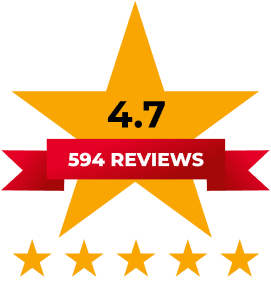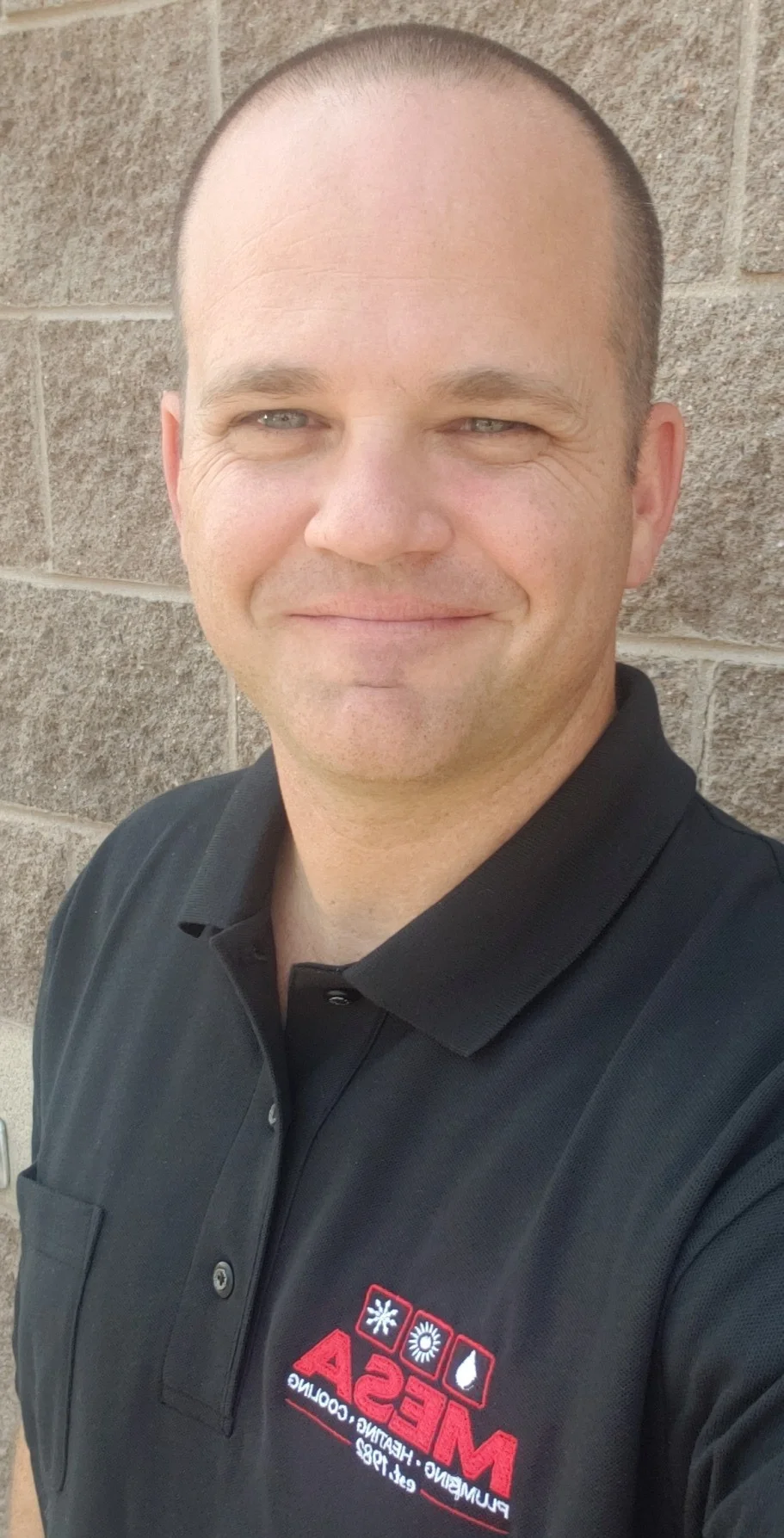The plumbing industry in Colorado is one of the major areas that offer great opportunities. However, before you get started in your plumbing career, you need to obtain a license. This is the only way to show that you have the right qualifications for the job. Here is how to get started and become a licensed plumber.
How to Acquire a Colorado Plumbing License
Even though you can become a plumber without attaining skills from the trade school, it’s vital to acquire formal education, enabling you to excel in your plumbing career. When done with the studies, you can obtain a pre-approval from the Colorado Examining Board of Plumbers‘ plumbing licensing board.
After that, the board will allow you to sit for exams. You can also take an online plumbing course to help you acquire new skills and become a better plumber.
Qualifications of Licensed Plumbers in Colorado
Any competent, qualified plumber needs to have the ability to install, repair, and replace fixtures both in a residential and commercial property. It’s also vital to have an in-depth understanding of all the plumbing tools that you require for the job. Another thing to understand is the plumbing codes and systems that each plumber must adhere to.
As a licensed plumber, you need to have excellent customer care skills, well organized with proper management skills. You want to be sure that all your customers receive professional and timely services. In this case, you need adequate training in the field to acquire all-around plumbing skills.
Become a Licensed Plumber in Boulder County, Colorado
There are various vocational plumbing courses you can enroll in and enhance your plumbing skills. You’ll learn plumbing basics and other relevant topics to give you a broad understanding of the plumbing details.
Some of the relevant courses you’ll need to take are physics and mathematics. When done with your studies, you’ll possess a diploma or a GED, enabling you to get admission to an apprenticeship program.
Enroll in a Plumbing Apprenticeship under a Master Plumber
When done with high school plumbing studies in Colorado, it’s best to enroll in an apprenticeship where you’ll acquire both technical and practical plumbing skills.
The program can go between 4 to 5 years, and it covers every detail about plumbing. It allows you to apply classroom instructions as you also familiarize yourself with on-job training.
The apprentice program will also enable you to learn local codes and ethics, general training, blueprint details, types of pipes, and plumbing tools. It’s worth noting that Colorado offers plumbing apprentice programs through heating and plumbing unions.
Enroll in a Trade School or a Community College
Joining a college or vocational plumbing school will help you expand your knowledge and offer better plumbing services. After your studies, you’ll acquire a certificate and diploma. When done, you also have the privilege to pursue a plumbing Associate degree to further your skills.
How to Acquire Various Types of Plumbing Licenses in Colorado
There are various types of plumbing licenses, and each depends on the number of years of experience you have in the job. For instance, to acquire a master plumbing license, you need to have over five years of experience, while a journeyman plumber’s license requires four years of work experience or above 6,800 working hours under the guidance of a Master Plumber.
Another one is the residential plumbing license, which requires you to have two years of work experience or at least 3,400 working hours. You can offer plumbing services in Colorado according to your license.
Requirements to Obtain a Plumbing License
- Details or your previous plumbing licenses, if any.
- Provide transcripts where necessary.
- Fill the affidavit.
- Pay for your license via credit card.
- Indicate your current employer where applicable.
Once you choose to become a licensed Colorado plumber, you can enjoy a seamless work experience in Colorado if you follow the right procedures to get the appropriate licenses. It may seem a daunting journey, but the results are worth each process.



